Key takeaways:
- Escrow ensures fairness and security by holding funds or documents with a neutral third party until all transaction terms are met.
- There are two main types of escrow: Transaction escrow (during the purchase) and mortgage escrow (after closing).
- Escrow accounts simplify ownership costs by combining property taxes and insurance into one predictable monthly payment.
- They also reduce risk for both homeowners and lenders by ensuring critical payments are made on time.
As a first-time homebuyer, you may have encountered the term “escrow”, but what does it actually mean? Escrow refers to holding something, like funds or documents, by a neutral third party until all obligations in a transaction are fulfilled. In real estate, “escrow” can refer to two distinct but related concepts:
- Transaction escrow (During home purchase): Protects the buyer’s earnest money deposit and ensures sale conditions are met before funds and ownership are transferred
- Mortgage escrow account (Post-purchase): Manages and pays annual property taxes and homeowners insurance in monthly installments
Whether you’re buying a home in Albany, NY, or a condo in sunny Scottsdale, AZ, understanding escrow helps make the process less overwhelming. Let’s explore how escrow works and why it matters.

How does escrow work in real estate?
At its core, escrow is a legal arrangement in which a neutral third party holds assets on behalf of other parties who are in the process of completing a transaction. These third parties ensure that both buyer and seller meet the agreed-upon conditions before any money or property changes hands.
During the purchase phase, escrow serves as a safeguard and holds your earnest money deposit, ensuring that neither party is exposed to undue risk as the transaction progresses. Once the sale is finalized, your mortgage lender will typically set up a separate escrow account, this time to manage future property expenses like taxes and homeowners’ insurance. This provides added security and trust for all parties involved.
What is an escrow account?
After you close on a home, your lender opens an escrow account to handle recurring homeownership costs, such as:
- Property taxes
- Homeowners insurance
- Private mortgage insurance (in some cases)
Instead of managing these expenses yourself, you’ll make one monthly payment to your lender that includes your mortgage plus a prorated share of your estimated taxes and insurance. The lender then pays these bills on your behalf when they’re due.
How escrow accounts mitigate risk
Escrow accounts act as a built-in safety system for both homeowners and lenders, ensuring that essential property expenses are handled automatically and on time. This reduces the chance of missed payments, penalties, or financial exposure.
Key ways escrow accounts reduce risk:
- Prevent missed payments: Taxes and insurance are paid on schedule, avoiding late fees or coverage lapses.
- Protect lender interests: Ensures property taxes and insurance remain current, safeguarding the lender’s investment.
- Reduce homeowner stress: Consolidates multiple large bills into predictable monthly payments.
- Minimize human error: Automates critical transactions, reducing the risk of oversight or financial mismanagement.
Why escrow matters in real estate
Imagine you’re buying a home, and the seller agrees to fix a plumbing issue before closing. An escrow agent ensures the repair is completed before releasing any money or property. Without escrow, there’s no neutral enforcement, and in the above-noted situation, the buyer is put at risk.
Escrow also protects the seller, ensuring the buyer’s earnest money is secured and the closing proceeds smoothly. Even for homeowners not looking to buy or sell, escrow ensures critical bills get paid, which protects both the owner and their lender from tax liens or insurance lapses.
The homebuying process involves many moving parts, from inspections and appraisals to final paperwork. Escrow keeps these pieces in sync. By using an escrow agent to hold deposits and documents, both parties are protected from premature or incomplete transfers. In this way, escrow becomes the mechanism that ensures fairness and follow-through.
What is the escrow process?
Escrow begins once the seller accepts an offer. The steps generally look like this:
1. Earnest money deposit
The buyer deposits “good faith” money into escrow. This shows they’re serious and committed.
2. Contingencies and conditions
During escrow, both parties fulfill conditions in the purchase agreement. This may include:
- Inspections
- Appraisals
- Loan approval
- Title search
- Repairs
3. Escrow duration
Typically, escrow lasts 30-60 days. Delays can occur due to inspection issues, appraisal discrepancies, or financing holdups.
4. Closing
Once all requirements are met:
- Documents are signed
- The deed transfers to the buyer
- The seller receives payment
- The lender sets up the escrow account for ongoing expenses
At closing, you’ll pay escrow fees (generally 1–2% of the home price), initial escrow deposits (3-12 months of taxes and insurance), as well as any other closing costs required. Your lender will provide a loan estimate and later a closing disclosure, which outlines these fees in detail.
The role of escrow in your mortgage
After closing, the lender’s escrow account becomes a regular part of your financial life as a homeowner. Monthly mortgage payments now include not only principal and interest but also an escrow portion that covers property taxes, insurance, and in some cases, private mortgage insurance (PMI).
Your lender is responsible for disbursing these payments on your behalf. If you miss a payment or your insurance lapses, your lender has the right to step in. In some cases, this can result in force-placed insurance, a costly and limited coverage option that the lender purchases to protect their interest in the property. These policies often exclude liability coverage and personal belongings, and they typically come at a premium.

Advantages of escrow accounts for buyers
Escrow accounts make homeownership easier for many buyers. Here’s why:
- Predictable payments: They serve as a built-in savings plan, breaking up large bills into manageable monthly payments. Instead of scrambling to pay thousands in taxes once or twice a year, you can rest assured that your lender is handling it on time.
- Simplified bill management: Escrow also provides a worry-free experience. If your lender makes a mistake, like missing a payment deadline, they’re the ones responsible for fixing it. You gain peace of mind knowing your obligations are being met consistently.
- Easier mortgage approval: Many lenders require escrow accounts, especially if you’re putting down less than 20%. Without one, your loan options may be limited, and you could face higher interest rates.
Disadvantages of escrow accounts for buyers
While convenient, escrow isn’t perfect:
- Limited control over your money: One downside is the loss of investment potential. Money sitting in an escrow account isn’t earning interest (except in a few states like California). That same money could potentially be invested elsewhere for a higher return.
- The cushion requirement: Another common concern is the cushion requirement. Lenders are allowed to keep up to two months’ worth of additional funds in your escrow account to cover future cost increases. These extra funds are essentially locked away until you sell the home or pay off the loan.
- Payment fluctuations: Escrow accounts can also lead to delays in adjustments. For instance, if your property taxes decrease, you won’t immediately see those savings. Your lender recalculates escrow balances annually, so any rebate or reduced payment could take months to materialize.
What if you don’t have an escrow account?
If your loan doesn’t include escrow, you’re on the hook for paying your own taxes and insurance. While this might appeal to homeowners who prefer control over their finances, it also means taking on more responsibility and risk.
In the event you miss a payment, your lender may step in and establish an escrow account, or worse, purchase force-placed insurance at your expense. These policies are more expensive and offer less protection than typical homeowner coverage.
Even with an existing escrow account, failure to maintain proper insurance can trigger force-placed coverage. This may happen if your provider drops coverage or if your lender decides you need additional protection, such as wildfire or flood insurance.

Escrow account FAQs
Will your escrow payment change over time?
Yes. Even with a fixed-rate mortgage, your escrow amount can fluctuate based on changes to your property tax bill or insurance premiums. Your lender will reassess the escrow account annually to reflect these shifts.
What if you want an escrow account but your loan doesn’t include one?
You can usually request one, but it may require a large upfront deposit, especially if payments are due soon. This can function like pre-paying a year’s worth of expenses.
Can your escrow account pay your HOA dues?
In some cases, yes, but it’s uncommon. Most lenders don’t cover HOA fees through escrow unless the community requires it.
How does PMI fit into escrow?
If your down payment is less than 20%, your lender may require PMI. The monthly premium for this insurance is usually bundled into your escrow payment.
What happens to the escrow account once your mortgage is paid off?
Once your mortgage is paid off or refinanced:
- The escrow account is closed
- Any remaining balance is refunded to you
- You’ll take over direct payment of taxes and insurance
The post What is Escrow? A Clear Guide to the Escrow Process appeared first on Redfin | Real Estate Tips for Home Buying, Selling & More.





Join The Discussion